Mo Farah provides highlight of 2011 athletics calendar
- Published
After a successful 2011 season for Great Britain, I am very excited about next year. GB will have eight to 10 good medal chances at the London 2012 Olympics and if they can convert six to eight of them, that will be great.
Britain has had lots of athletes in the top 10 in the world in their events this year, but many did not convert that into success at the highest level, something they need to learn to do.
Hannah England did, external, though, by taking World Championship 1500m silver in Daegu last month.
Now everyone will expect her to do well at the Olympic Games but GB have real strength in depth in that event, with Lisa Dobriskey and Steph Twell, and could potentially have three girls in the final.
People are no doubt going to become bored with me talking about Mo Farah but one reason why his world 5,000m victory, external was so pleasing is because his journey is one most athletes can tap into.
He proved that, if you are prepared to make changes and sacrifices, external, you can get to the top.
There have been downsides to this season for Great Britain, though. Defending Olympic 400m champion Christine Ohuruogu has been struggling to find the form that also saw her win world gold in 2009. She is a long way off being in contention, external and that is a concern.
I was also hoping Perri Shakes-Drayton would step forward in the 400m hurdles after a good 2010 but it didn't really happen for her this year.
It was great to see Dai Greene win world gold in the 400m hurdles, external but it remains a tough event and he is not certain even of winning a medal in London.
Heptathlete Jess Ennis also has work to do after being beaten to the world title, external by Russia's Tatyana Chernova but she doesn't need me to tell her that., external
Ennis is in the top two in the world the heptathlon could see one of the great clashes of next year's Olympic Games.
Meanwhile, 2011 saw the second season of the Diamond League, external format and there were both positives and negatives to take from it.
It grabbed more attention this year and the Brussels meeting, external was one of the best I've been to, despite coming at the end of a tough season, with a lot of tired athletes.
The Diamond League is continuing to develop, though, and while we have always been a democratic sport, giving each event equal standing, we have to be prepared to push our big stars.
I have nothing against the women's discus, for example, but their prize money is the same as for the men's 100m. The truth is some events have more appeal and the Diamond League might have to reflect that. Look at the Wimbledon women's doubles in tennis for example; the winner there doesn't get the same as the winner of the singles.
The $40,000 (£29,000) prize money for each Diamond Race winner is a big incentive, but it's not a massive incentive in professional sport these days.
Big stars can pull in more money elsewhere so there needs to be good, strong contracts, committing athletes to the Diamond League, stating that they will not get their money if they miss the series final.
I would also like to see a limit on how many competitors from one country are allowed in each event, perhaps setting it at five.
And I was unhappy with the collapse of the Euro Meetings' voluntary policy of not allowing athletes with previous drugs bans to compete.
The voluntary agreement stands in Britain but each meeting is within its rights to invite who they want.
France's European 1500 metres silver medallist Hind Dehiba began the change when she took legal action, external to compete in Lausanne and I find it a step backwards.
It's a complicated picture and I can understand Euro Meetings not wanting to spend more time in court.
The reason it is difficult is that although it was a policy, there were plenty of athletes overlooked and allowed to take part, particularly in field events.
Some meets will try and continue with the policy on an unofficial basis but the problem is that events want to feature someone like American sprinter Justin Gatlin, who has served a ban but is now in the top six in the world.
However, it has been a good year in terms of drug testing. The blood testing at the World Championships was good and although there have been no positive samples yet, they are being kept for future testing.
Steve Cram was talking to BBC Sport's Peter Scrivener.
- Published4 September 2011
- Published16 September 2011
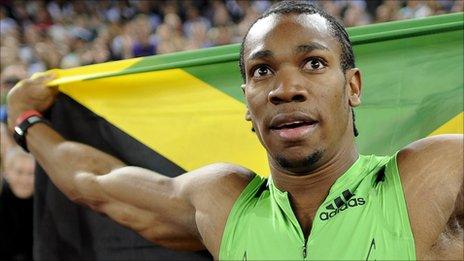
- Published13 September 2011
- Published4 September 2011
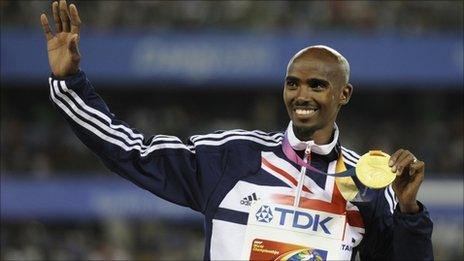
- Published1 September 2011
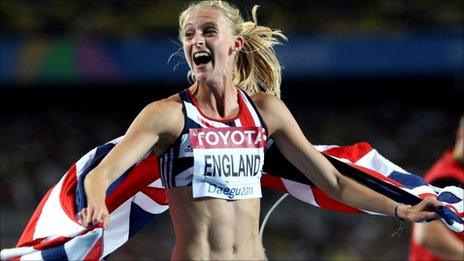
- Published1 September 2011
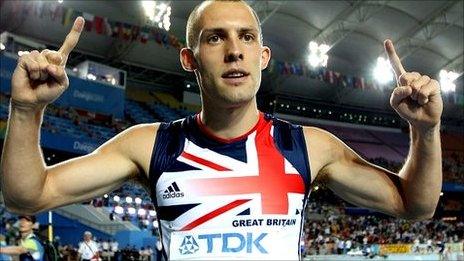
- Published30 August 2011
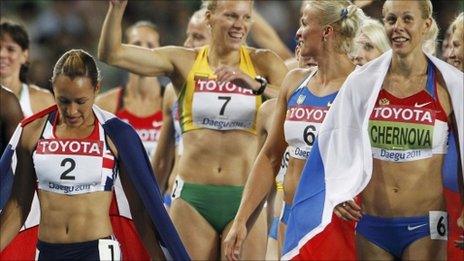
- Published29 August 2011
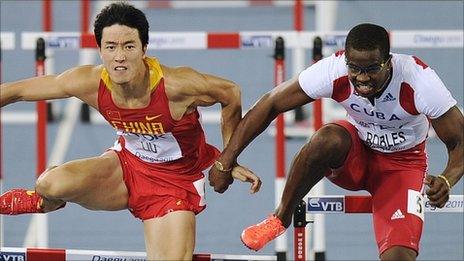
- Published27 August 2011
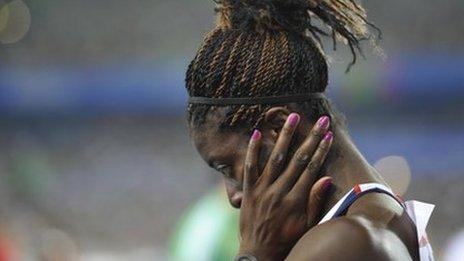
- Published4 June 2011
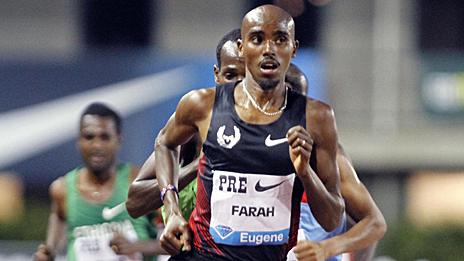
- Published10 September 2015
